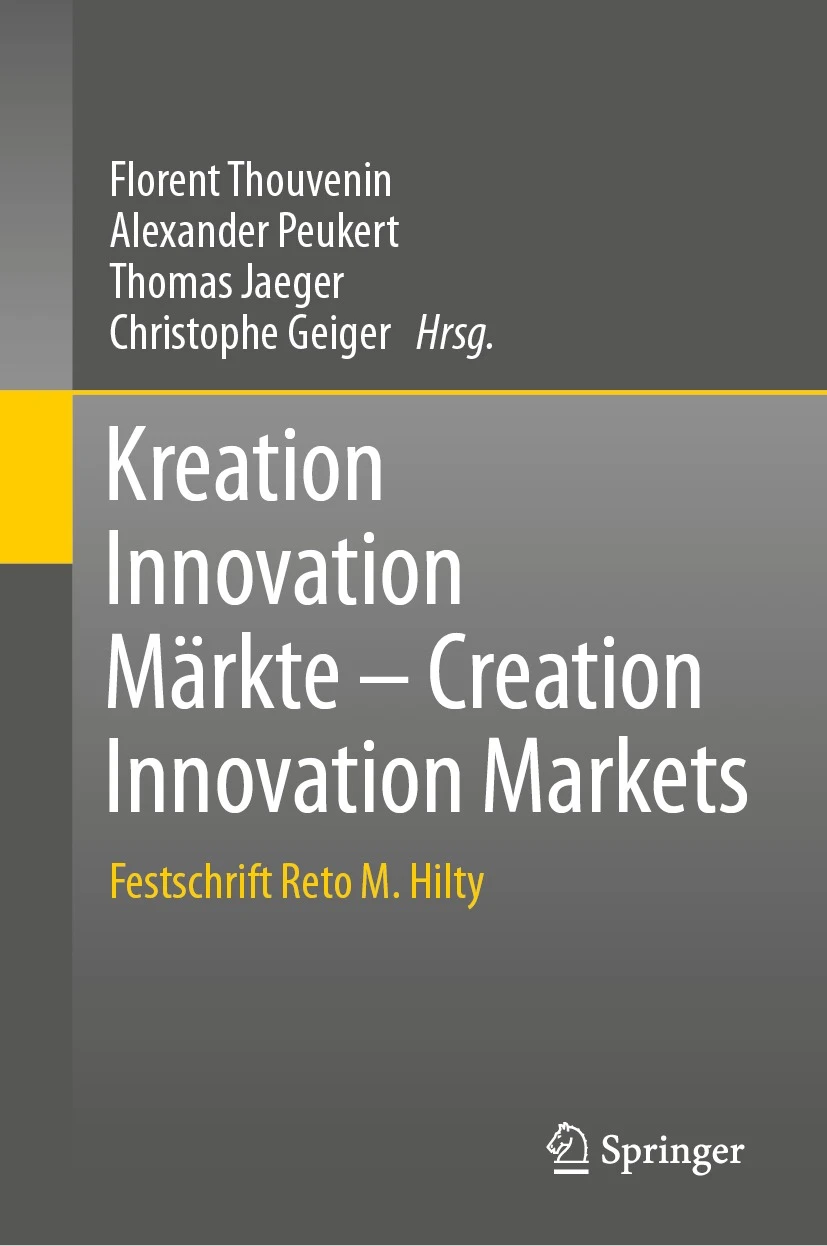Proprietary and systemic-market-regulatory protection of the press on the Internet
About the book chapter:
The German and European legislators codified related intellectual property rights in favor of press publishers in 2013 and 2019 respectively. In 2021 and 2023, Australia and Canada enacted special laws to protect the press on the internet. Corresponding legislative proposals are pending in the USA and Switzerland. The ultimate goal of all these interventions is to ensure a viable digital press system. Press publishers are to be helped to generate revenues that are to be paid by operators of search engines, news aggregators, media monitoring services and social networks. In a comparative legal analysis, the article first distinguishes between two types of press support in the Internet age, namely a classic property-based approach – paradigmatically realized in German law – and a systemic market-regulatory approach guided by media policy considerations – paradigmatically realized in Australian and Canadian law. The mirror-image advantages and disadvantages of these two types of regulation are then identified. The following section presents hybrid solutions in French, Italian and Swiss law. Concluding remarks lead back to the international comparative perspective and to the question of what any kind of protection of the press can achieve in view of the tectonic shifts brought about by online communication.
About the anthology:
Reto M. Hilty has left a deep mark on European, German and Swiss intellectual property law. On the occasion of his retirement as Director Emeritus of the Max Planck Institute for Innovation and Competition and as Professor ad personam at the University of Zurich, his friends, colleagues and students pay tribute to his work with this commemorative publication. The range of topics and the diversity of the authors reflect the complexity of the jubilarian’s activities. The commemorative publication contains contributions on fundamental issues of IP law, patent, copyright, design and trademark law, the protection of trade secrets, the law of geographical indications of source as well as antitrust and unfair competition law. One focus is on the challenges of digitalization, in particular how IP law deals with data and artificial intelligence (AI).


